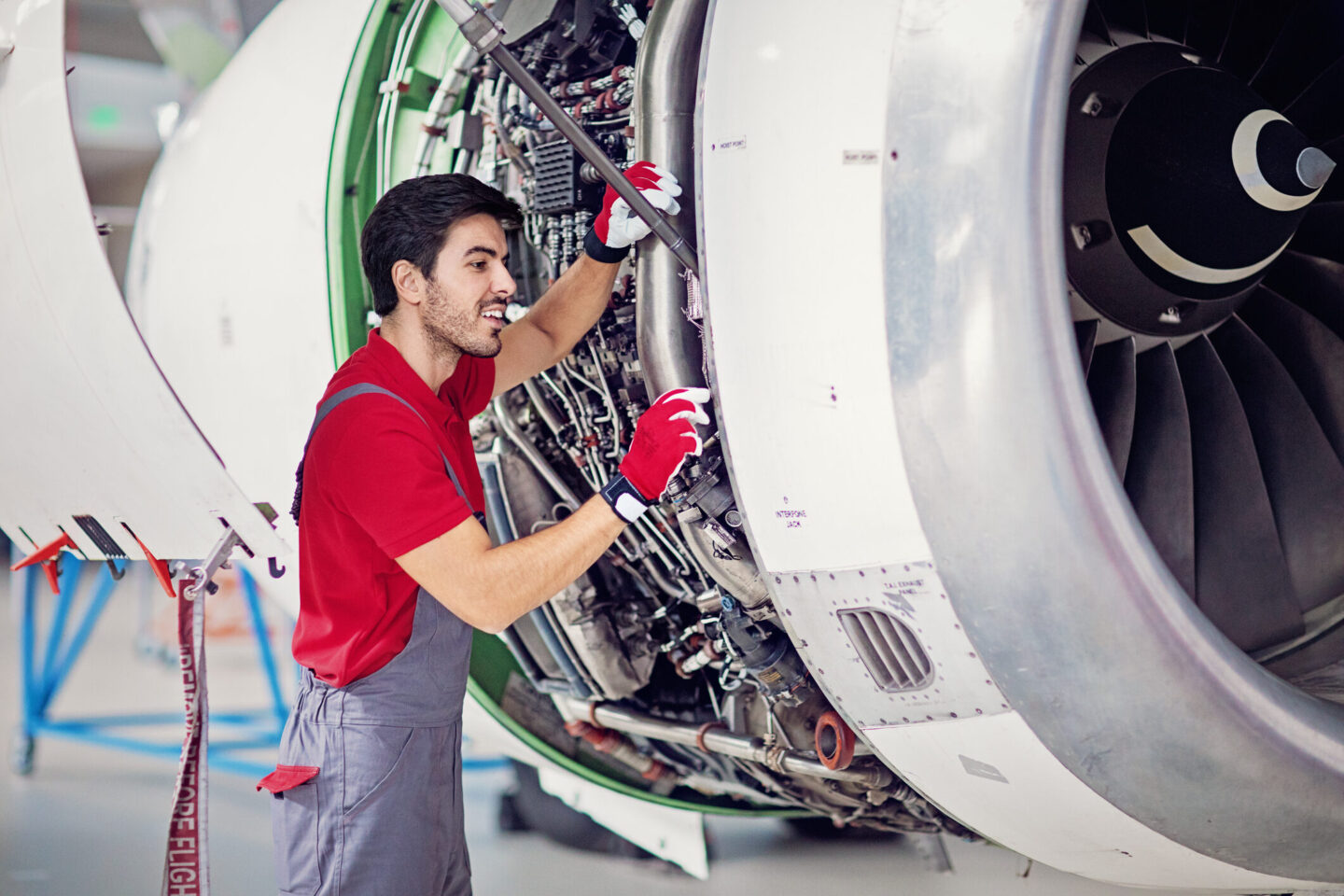Why Dutch agro companies adapt their products specifically for the Indian market



"*" indicates required fields
India’s agriculture has been facing major challenges for years, and climate change is only making problems worse. Can foreign technologies provide a solution or are they simply too expensive for the Indian agricultural sector? Dutch agricultural technology companies Omnivent and Incotec explain how product adaptation is key to help the Indian agricultural sector move forward and make money in India.

Climate change damage
India’s agricultural sector is increasingly being affected by extreme weather events such as prolonged droughts, floods and salinisation of agricultural land. Late last year, heavy rainfall destroyed over 800,000 hectares of agricultural and horticultural crops in the southern states of Tamil Nadu and Andhra Pradesh, while in the northern state of Kashmir, apple farmers saw their harvest fail for the third year in a row due to early snowfall. It is therefore expected that if global climate change continues at the same pace, crop yields in India will fall by 30 percent.
Machinery, cooling, logistics & credit
Indian farmers are also faced with a range of systemic problems, such as a lack of advanced machinery, difficult access to credit and logistical problems in the marketing of their produce. On average, 30 to 40 percent of the total harvest is lost due to a lack of cold storage facilities and/or refrigerated transport, leading to lower incomes for farmers. The Indian agricultural sector is eager for affordable solutions to all these problems.
Special solutions for the Indian agricultural sector
Indian agriculture offers great opportunities for global companies. There is a demand for knowledge that is abundantly available in Europe and the US. The global specialist in agricultural storage technology, Omnivent, has therefore been active in the country since 2007. The company started by giving workshops to arable farmers and other important players in the supply chain. “We talked to the farmers about ways in which we could bring the agricultural product to the end of the storage in a good way,” says Errol van Groenewoud, the director of Omnivent.
“That was not only useful for them, but also for our company. During these kinds of meetings we learned a lot about the resources they had at their disposal and the agricultural methods that are used in India,” says van Groenewoud. “That is how we came to the conclusion that our ventilation and storage products did not meet the wishes of the farmers. If you want to benefit from the growing demand in India for smart solutions, you have to develop accessible and efficient technology for minimal additional costs. That is why we have taken the simple fans that we sold in Europe in the 1960s and 1970s and we have adapted that product for India. Now we offer a good and affordable solution for Indian farmers who have to deal with high temperatures.”
Adapting your product for India
The innovative seed improvement company Incotec also concluded soon after its market entry in India that although their seed improvement techniques offered a great solution for the problems of local farmers, their prices were far too high for India. “In order to optimise our products for Indian crops and cultivation techniques and especially to keep the price accessible, we decided to develop a product that was cheap for us to produce and that Indian farmers could apply to their seeds themselves,” explains Erik-Jan Bartels, managing director of Incotec.
Market leader in India
Incotec is now the market leader in India in the field of seed improvement and sees an increasing need among farmers for new technologies that can make agricultural methods more robust against climate change. “At the same time, a large proportion of Indian farmers still do not have the resources to invest in innovative solutions, no matter how simple and cheap,” says Bartels. “That should not stop you as a global company from taking the step to India. Indian agriculture must adapt to the major weather changes that are taking place there and despite the fact that it will certainly take a few years before a real change occurs, this is the time for companies to become active in India. India is a country where you have to invest time and energy before you can reap the benefits.”
Take your time, it is worth it
“Doing business in India requires building good relationships with your customers,” adds van Groenewoude. “So you have to take the time and be present locally to be able to make that connection. Building a dedicated team in India that can fully focus on this is essential. If you remain at a distance and therefore maintain a cold, business relationship with your customers, you will never be successful in doing business in this country.”









